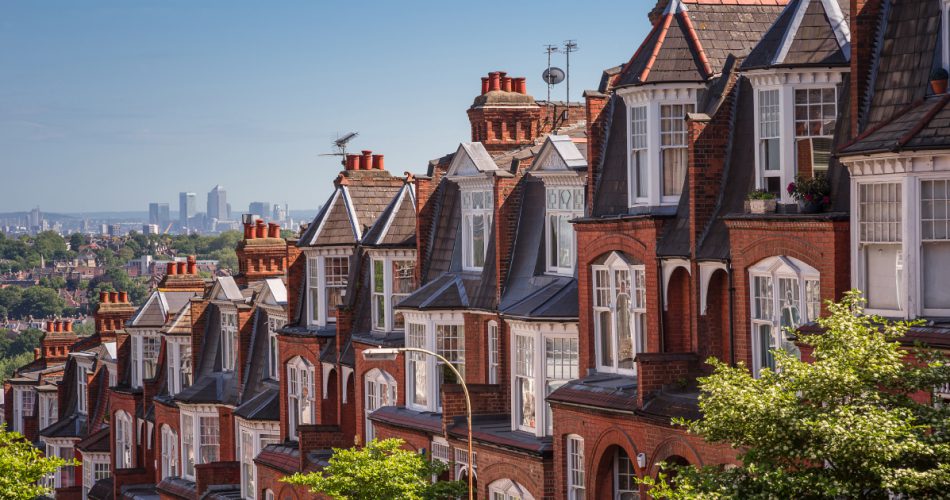If you’re a landlord, you probably think it’s far too morbid to be thinking about writing a Will.
But due to the high value of a landlord’s property investments it’s more important than ever that landlords think about what will happen to their assets after their death.
Why landlords need a Will
If you haven’t thought about writing a Will, then you’re not alone. 7 out of 10 people haven’t made a Will.
Many presume that their property and possessions will automatically pass to their spouse/partner when they die, but if you die without writing a Will (legally termed as ‘dying intestate’), your estate will be distributed according to the law of intestacy and this may not be according to your wishes.
Find out why our outdated intestacy laws mean you should be making a Will now.
When a landlord dies intestate all the landlord’s buy to let properties are divided between their spouse and surviving blood relatives, according to the law of intestacy.
So if you haven’t got round to writing a Will, there’s a chance that your spouse will not receive your estate in total. And if you’re not married and living together with a partner, your partner may not receive anything of your estate as cohabitant partners are not automatically recognised in intestacy law.
Find out how cohabitant partners are dealt with under the law of intestacy.
Should a landlord die suddenly without writing a Will, the administering of the landlord’s estate and buy to let property portfolio can be complicated and may be contested. Sorting out a landlord’s estate after death can be a drawn and painful process for the landlord’s relatives and loved ones.
By writing a Will landlords can legally state who they want to directly receive their assets, including their buy to let properties, following their death and reduce any confusion, conflict and legal costs for their families.
What should be included in a landlord’s Will?
Before a landlord writes a will, it’s always a good idea for a landlord to think about what they want included in their will. A landlord should consider the following:
- How much money and what property and possessions a landlord has.
- Who will benefit from the landlord’s Will?
- Who should look after any children under the age of 18?
- Who is going to be appointed as an executor to sort out the landlord’s estate and carry out a landlord’s wishes after their death?
Does a landlord need a solicitor to write a Will?
The simple answer is, no. One in five of us write a Will ourselves. Lawpack has helped over one million people to write their Wills with our bestselling DIY Will Kit. The Kit includes template Will forms plus an expert guidance manual, written by a solicitor, which guides you through the process of completing and signing your Will form.
What happens after a landlord has made a Will
Landlords should remember that once they have written a will, it’s vital that they store it in a safe place and tell their executor, close friend or relative where it is. You can store your Will safely and securely with Lawpack’s Will Storage Service.
Landlords must keep their Will up to date. Landlords should review their Will every five years and make a new Will if any major changes occur; for example, they separate, get married or divorce, have a child or move house.
Find out more on when you should revise your Will.

